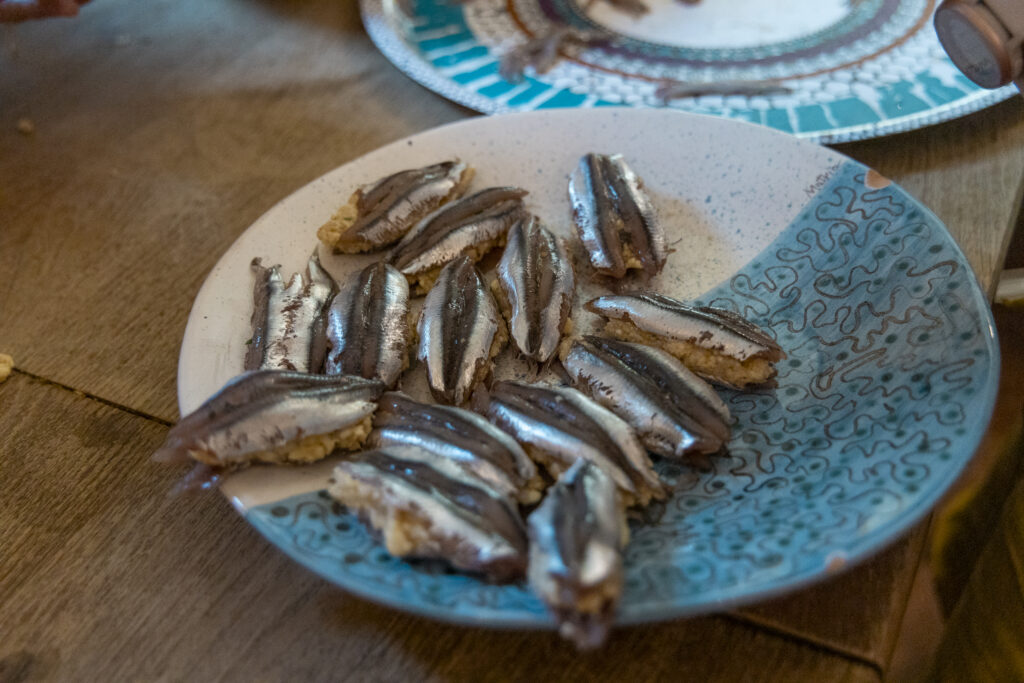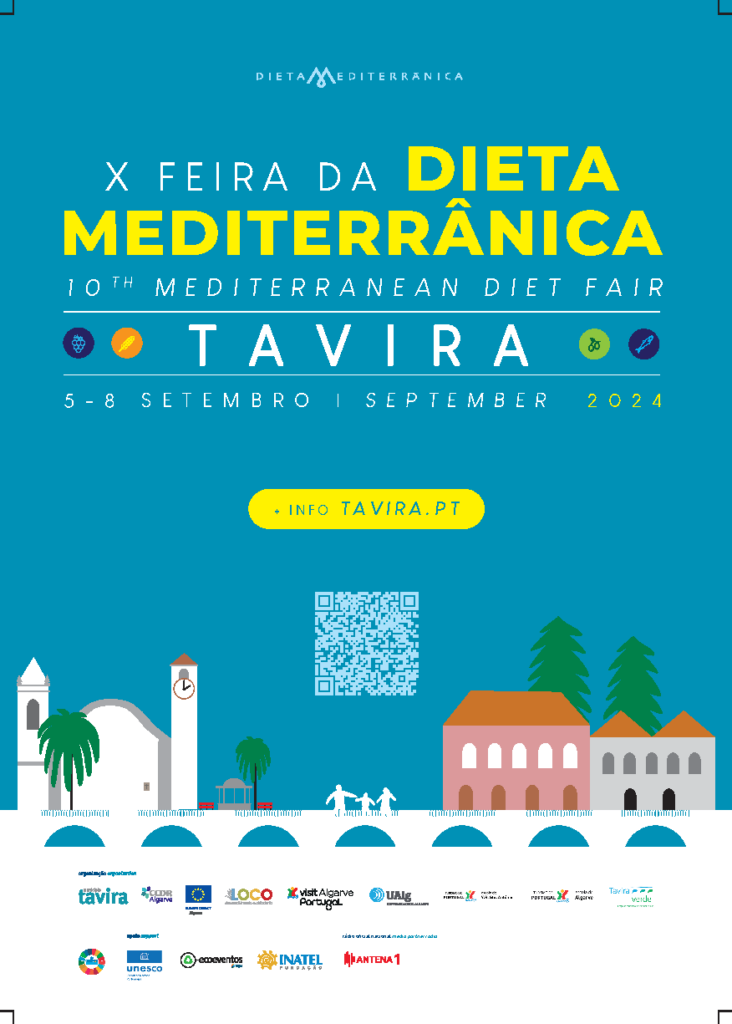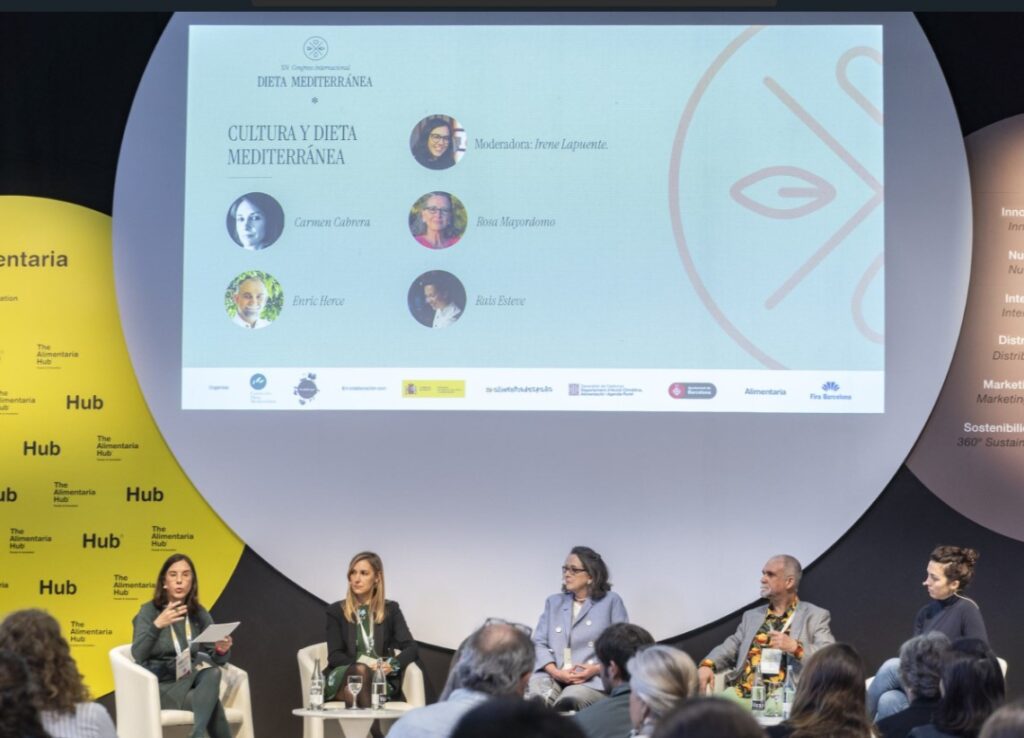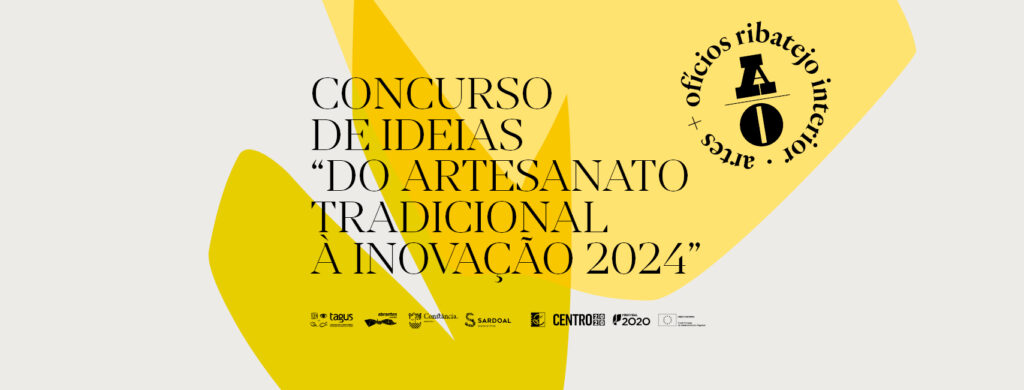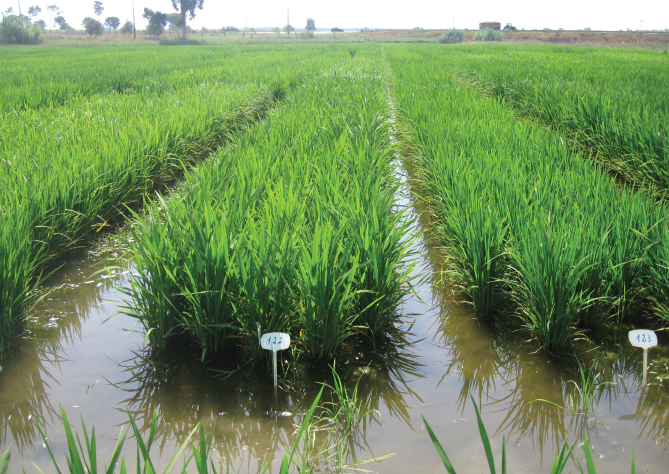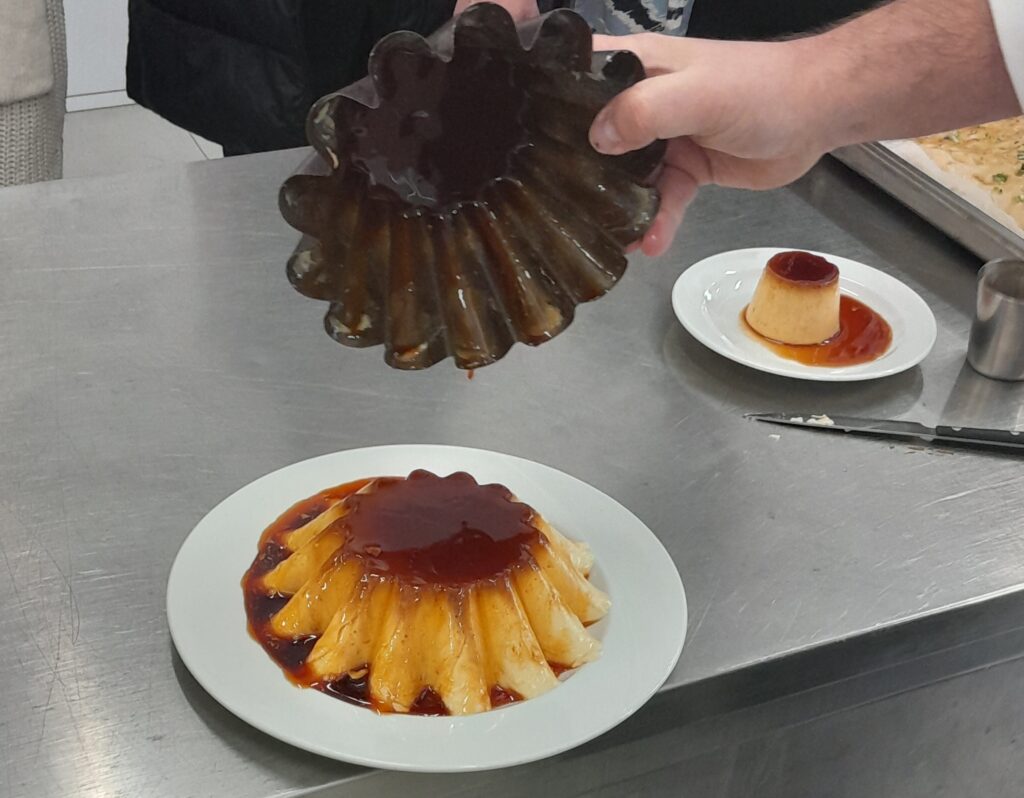Ciambotta is a traditional recipe from Cilento. It is a humble dish that originated from the need to combine all leftover vegetables into one meal. As a result, each town in Cilento uses different ingredients to prepare it. The classic recipe (with potatoes, eggplants, and peppers) is typically served as a side dish. Ingredients for […]
Author Archives: Camilla.Unesco
Anchovies are considered the best of the blue fish, and in Cilento, they are widely consumed. Besides being affordable, they are versatile for many recipes, like stuffed anchovies. Here we explore how to prepare “alici mbuttunate,” anchovies stuffed with cheese and eggs. This dish is part of the Mediterranean Diet, simple yet rich in flavor […]
The Fair of the Mediterranean Diet is back in Tavira, from 5th to 8th September. The Importance of the Mediterranean DietThe Mediterranean Diet is a living, dynamic part of our heritage that has been growing inimportance both in Portugal and internationally. Researched by a range of different sciences, itis a legacy of the civilizations that […]
Gastronomy is an integral part of the Mediterranean Diet, a statement supported by the conclusions of the round table entitled “Mediterranean Diet and Culture”, held during the XIV International Mediterranean Diet Conference. This event, organized by the Mediterranean Diet Foundation, took place in Barcelona on March 20 and 21. Mediterranean gastronomy is much more than […]
The SWITCH Project is pleased to announce the launch of its inaugural Project Magazine. 29 June 2024 – The SWITCH Project is proud to announce the launch of the first edition of its Magazine. This comprehensive publication provides an engaging and detailed overview of the progress and achievements made during the first eighteen months of […]
The SWITCH Project, an innovative initiative funded by the European Union under Horizon Europe, has been prominently featured in various educational programs by the Future Food Institute (FFI) and Paideia Campus throughout 2023 and up to June 2024. This engagement has been crucial in refining the project’s action strategies, communication, and dissemination activities. By focusing […]
Ideas Contest TAGUS (Association for the Integrated Development of Inland Ribatejo), through the AO.RI project (Arts and Crafts of Inland Ribatejo) and the municipalities of Abrantes, Constância and Sardoal organised the second edition of the ideas contest: “From Traditional Crafts to Innovation”, with the aim to stimulate innovation through the creative transformation of handicrafts, from […]
The Centro Operativo e Tecnológico do Arroz (COTArroz) released a detailed technical document on Rice Genetic Improvement in Portugal This document provides an overview of advances in the genetic improvement of rice in Portugal. It explores the efforts underway to develop new varieties adapted to the soil and climate conditions of rice-growing regions, with greater […]
Saint Anthony, Saint John and Saint Peter As in many other Portuguese towns and cities, June is a special month in Tavira, marked by the celebration of the Popular Saints – Santo António (Saint Anthony), São João (Saint John) and São Pedro (Saint Peter). The celebrations will feature a series of traditions and festivities involving […]
Rožata is one of the oldest Dalmatian sweets, which got its name from rose liqueur. Ingredients for 10-12 persons: 10 eggs 10 spoons of sugar 1 liter milk Vanilla sugar Lemon peel Orange peel Marascino, Rožoljo (rose petal liqueur) or another liqueur Sugar for caramelizing 20-25 spoons Way of preparation: Melt the caramelizing sugar on […]


